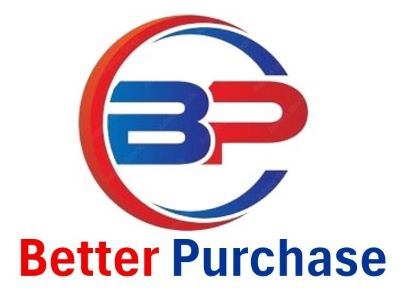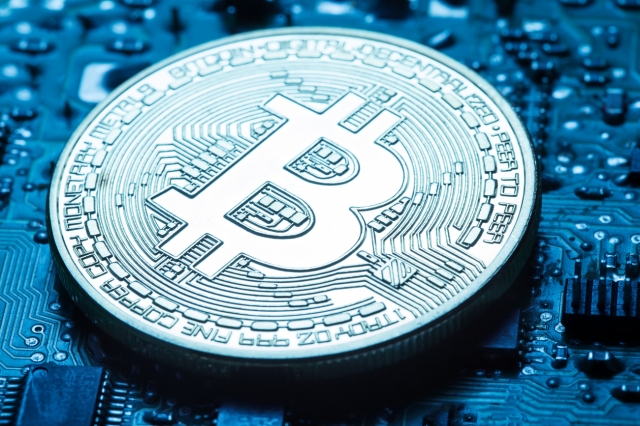What Is Sprint Tokenization? – Tokenization has become a key technology on the planet of electronic money and information security. Among the numerous tokenization strategies that have appeared recently, Sprint tokenization sticks out as an modern and versatile solution. This informative article can offer an breakdown of Sprint tokenization , its benefits, and its potential applications. By the end with this item, you can have a much better knowledge of how this cutting-edge technology is transforming the way in which we handle and protected electronic transactions.
What is Tokenization?

Tokenization is the procedure of replacing sensitive information, such as credit card numbers or personal data, with unique, non-sensitive representations named tokens. These tokens retain the crucial data of the original information without diminishing its security. In case of a information breach, cybercriminals cannot use the tokens to access sensitive data, as they’ve no intrinsic value. This considerably reduces the risk of information robbery and fraud, creating tokenization a favorite way of getting electronic transactions.
Sprint Tokenization: An Overview
Sprint tokenization is just a particular form of tokenization method that runs on the rapid, light process to make tokens. This approach is designed to provide enhanced safety while reducing the effect on program performance and person experience. The key features of Sprint tokenization contain:
- Rate: Sprint tokenization runs on the streamlined algorithm to generate tokens easily, ensuring that the tokenization process does not decrease transaction control times. This is especially important for high-volume transactions, such as e-commerce and mobile payments.
- Scalability: Sprint tokenization is designed to manage large-scale tokenization requirements, making it ideal for businesses with intensive information sets or complex transaction environments. The device can certainly conform to adjusting company needs and growth.
- Flexibility: Sprint tokenization helps numerous forms of information, including cost card data, privately identifiable data (PII), and other sensitive data. This mobility allows corporations to utilize Sprint tokenization to protected a wide variety of electronic transactions.
Read More: Unlocking the Charm of basniãƒâ€žã‚â ky na dobru noc
Benefits of Sprint Tokenization

Sprint tokenization presents many benefits to businesses that want to protected their sensitive data. One of many major benefits is enhanced security. By exchanging sensitive information with tokens, corporations can add an extra coating of protection with their information, reducing the risk of information breaches and fraud. This included safety function stops cybercriminals from opening the specific information, actually if they manage to breach the system. Also, regulatory conformity is still another advantageous asset of Race tokenization. Many industries experience stringent information protection regulations, and Sprint tokenization helps businesses match these requirements by ensuring that sensitive information is solidly saved and managed.
Moreover, applying Sprint tokenization reduces the price and complexity of information safety for organizations. The technology decreases the requirement for additional safety measures such as security and information masking, resulting in cost savings and simple management of sensitive data. Finally, Sprint tokenization also guarantees an easy client experience by maintaining fast and effective transaction control occasions, which is specially essential in industries such as e-commerce and mobile funds wherever client satisfaction depends on it.
Potential Applications of Sprint Tokenization
Sprint tokenization has got the potential to revolutionize numerous industries by providing enhanced safety measures. One area wherever it could be applied is cost processing. Vendors can use Sprint tokenization to guard cost card information and reduce the risk of fraud and information breaches during online transactions. The technology changes card numbers with tokens, ensuring that sensitive data stays secured through the transaction process. This technology may also be applied in the healthcare business to protected sensitive patient information, including medical records and insurance data, to comply with information protection regulations and safeguard patient privacy.
In addition to cost control and healthcare, Sprint tokenization can also gain e-commerce retailers. By applying the technology during the checkout process, online stores may defend client data and increase client assurance in their platforms. Moreover, as mobile funds become significantly popular, Sprint tokenization may also be applied to protected mobile wallets, providing included safety and comfort to users. Using its varied selection of potential purposes, Sprint tokenization has got the potential to create a significant effect on numerous industries, improving safety and privacy for both corporations and consumers.
To conclude, Sprint tokenization has become a leading technology in electronic money and information security. Using its modern and versatile alternatives, it offers a wide variety of benefits and potential applications. By developing a much better knowledge of Sprint tokenization through this informative article, we can observe this cutting-edge technology is transforming the way in which we handle and protected electronic transactions.











